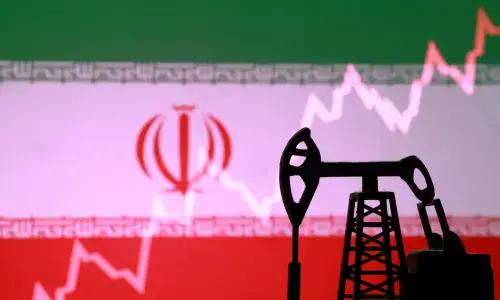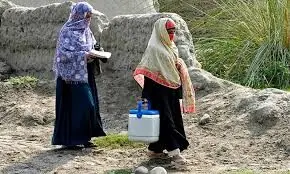ABASIN Kohistan comprising the Lower Kohistan and the Upper Kohistan has enormous hydropower resources and potential which remain unexploited.
If its hydropower sites are tapped, not only will it make Kohistan one of the country’s richest areas but help meet a significant part of the country’s energy demand.. Different categories of micro, mini, small, medium, large and very large size hydropower plants can be set up in the area.
The feasible sites have not yet been tapped due to non—availability of funds, trained technical staff and physical infrastructure.
Nevertheless, the potential for micro hydropower plants (MHP) in Abasin Kohistan (AK) is roughly estimated at 8MW for micro hydropower, 2,061MW for mini and small hydropower and 11,172MW for large size and very large sizes stations. Except MHP and in some cases, mini plants, all other capacities will have to be connected with the national grid network.
Pakistan Council of Renewable Energy Technologies has identified 166 feasible MHP sites and installed a 50 MHP plant in Abasin Kohistan
The MHP and mini hydropower plants so far identified have run of river sites while large and very large capacity plants, both categories, have multi purpose or run of river sites. Run of river plants do not need construction of dam and are meant for generating only hydroelectricity, such as the site of Dasu hydropower.
All the federating units have also agreed to the construction of hydroelectricity plants in AK
Pakistan Council of Renewable Energy Technologies has identified 166 feasible MHP sites and installed a 50 MHP plant in AK. The Pakhtunkhawa Electricity Development Organisation (PEDO) has also identified a number of mini, small and medium size feasible sites.
These sites’ potential ranges from 660 KW (0.660 MW) to 3,600KW (3.6MW). The small and medium size sites identified so far includes Moze 10MW, Tokyae 32MW, Pattan 112MW, Chor Nullah 265, Karang 460MW, Kaigan 567MW and Spat Gah 580MW. The organisation is also operating three mini plants transferred by the defunct Kohistan Development Board.
Wapda has also identified a few sites for construction of very large capacity plants. These include Basha—Diamer (formerly Basha) 3,500MW and Dasu 2,712MW. These plants’ final capacity will be increased to 4,500MW and 5,500MW respectively with additional cost. The Pattan site is identified for 1,172MW. Work on Basha and Dasu is moving at a very slow pace. NGOs are also working in the area, mostly in MHP technology.
The thermal power stations are not the best option for Pakistan when a huge environmental — friendly hydropower potential is available. Hydroelectricity share must be increased from current 31.47pc to at least 75pc in the near future if Pakistan wants to pursue sustainable development.
The National Power Policy 2013 emphasised on the use of indigenous resources such as coal (Thar coal) and hydel for the generation of inexpensive and affordable electricity for domestic, commercial and industrial use. Under the Vision 2025, the government is committed to generate 45,000MW with provision of uninterrupted, affordable and clean ‘energy for all’. These goals cannot be achieved unless work on the planned hydropower plants in Abasin Kohistan is accelerated.
The author is a former deputy director general, PCRET, Ministry of Science and Technology.
Published in Dawn, Business & Finance weekly, February 22nd, 2016





























